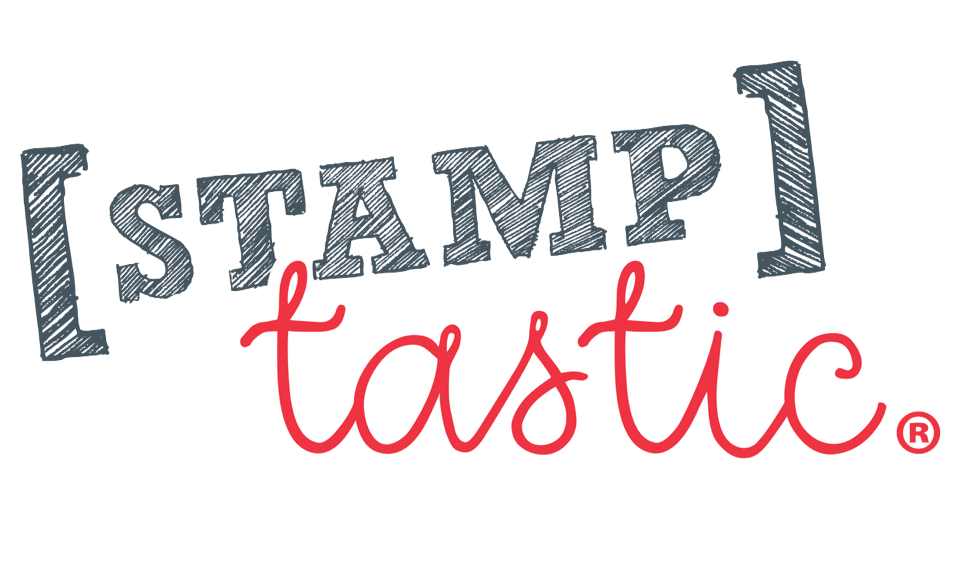If you have a child Starting Reception Class in September then you may have heard the expression ‘gross motor skills’. But just what are they? And why are they so important?
Developing Gross Motor Skills
As parents, maybe we tend to focus more on fine motor activities within the home but gross motor skills are equally important. Kids love trips to the park and these spaces provide ideal opportunities to exercise a range of these skills but in the present climate this is tricky so we’ll be suggesting that you include a few structured gross motor activities into home play.
What are gross motor skills?
These are the coordination of movements using the large muscles of the body needed for large movements such as running, jumping, hopping, pulling, pushing, twisting, catching, swinging and more.
How do motor skills develop?
Babies learn from head to toe with upper body muscle control preceding lower body muscle control. As babies grow trunk control is seen early on followed by control of their elbows, wrists and fingers. The same repeats for the lower body. Hip control is first, then control in the legs, feet and toes.
After that babies use their fingers and hands to manipulate toys. A child that first begins scribbling with crayons may often be seen contorting their feet or tongue. It’s because learning this new skills demands almost total body involvement.
Early on children may pick up an object, kick a ball with either hand or foot. At this stage they are experimenting with both sides of the body until eventually a preference to one side is established.
So what follows?Having gained body control children need to build up strength in their bodies. Pre-schoolers need to engage in a whole range of activities to practise movement in order to learn and grow.
Types of gross motor movement
These skills enable children to move their body from one place to another and include crawling, walking and running, jumping, skipping, hopping, sliding and climbing.
These skills enable children to move their body in one spot and include bending, stretching pulling, flexing pushing, twisting, swinging, swaying, and turning, rising and falling.
These skills enable a child to move an object in a range of ways including catching and throwing, kicking and striking, bouncing, pushing and pulling objects.
Why are gross motor skills important?
A child with good gross motor skills is strong and confident in his/her body. Physical activities that develop gross motor skills engage children in exercise promoting a healthy lifestyle. Developing these skills early leads to more complex skills later on like team sport.
In school children need to develop good gross motor skills so that they can navigate a busy classroom effectively and participate in the range of activities on offer.
What types of outdoor activities and learning opportunities can you provide?
Play kitchen
Warmer days lend themselves to lots and lots of outdoor play, here sensory activities can take over without any concern for mess just hours of open-ended fun!
Online there’s lots of marvellous mud play kitchens available but before you reach for the credit card save your money and look no further than your kitchen cupboards! Remember all those lovely birthday gifts when actually the paper proved greater entertainment - the same can be said here! Provide items for an outdoor play kitchen including a colander, mixing bowls, jugs of water, washing up bowls, whisks (incidentally rotary whisks are fabulous for gross motor coordination if you own one), spoons, bun tins and more. Get little ones collecting natural materials such as grass, compost, mud, petals, twigs, shells, cones, pebbles and so forth. Suggest they make menus of fairy perfume with petals, soup concoctions, smoothies and cupcakes. This type of activity is learning through play promoting the following:-
Creativity: imaginative play, using natural resources to represent other objects
Physical: Gross motor skills and coordination, fine motor dexterity, pouring, squeezing, scooping, mixing and more.
Ball Games involving kicking, throwing, catching, aiming, rolling and bouncing, skittle games (easily constructed from plastic bottles from your recycling bin), hoop target throw, and basic assault courses all involve large body movements. Targets can be set, scores beaten, and timers used for extra challenges.
Riding Bikes and trikes - Children love to ride bikes and trikes because it allows independence, a sense of achievement and hours of fun. It develops their muscles and encourages them to co-ordinate their gross motor skills as they balance, pedal, steer around obstacles negotiate pathways in space, stop and start. Bike and trike play can be extended by trying the following
· Make number/registration plates for bikes
-
A box of tools could lead to a garage repair workshop
· Dressing up clothes for emergency services
· Bucket of water and sponges could be a carwash
. Layout an obstacle course to negotiate
What types of indoor activities and learning opportunities can you provide?
Our British weather can be unpredictable but there are activities to develop gross motor skills inside the house too.
Den building only requires simple resources like blankets, pegs, sheets, boxes, play bricks. This creative activity promotes fine and gross motor development, problem solving skills, and involves communication and language if a sibling is involved. In a child’s imagination a simple den can be a magical castle, secret pirate’s cave, hidden bear cave or magical castle!
Dancing and moving to music is an activity that can often be undervalued but children generally love it and it develops their coordination, concentration, balance, cognitive abilities and encourages self-expression. There’s lots of songs with actions to be shared and online programmes that focus on this especially at present.
Above all else have lots of FUN!
Stamptastic in partnership with Jo and Lisa, look forward to taking you on this journey to support your child develop the necessary skills to feel smart and confident from day one at BIG school.
BUY A PERSONALISED NAME STAMP HERE
Other blog posts you may find useful:
Everything You Need To Know About School Uniform For Back To School
Starting School: The Top Ten School Uniform Tips
Starting School: The Back To School Uniform Checklist
Stamptastic: The Ultimate Parent Hack
Starting Primary School: Introduction
Stamptastic Starting School Series: Meet The Experts








